Michael Laub / Remote Control Productions
Asutorito Endoruwaito with Astrid Endruweit (2016)
PHOTOGRAPHY / CREDITS / PRESS
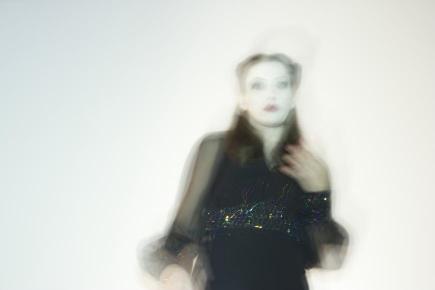
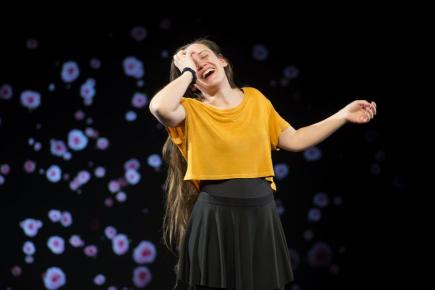
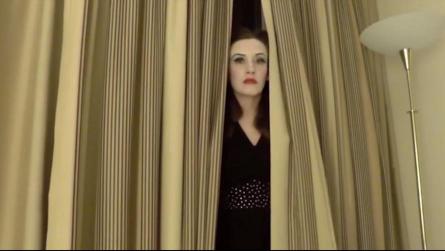
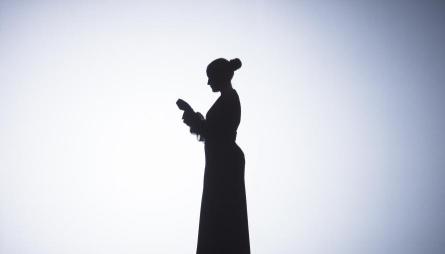
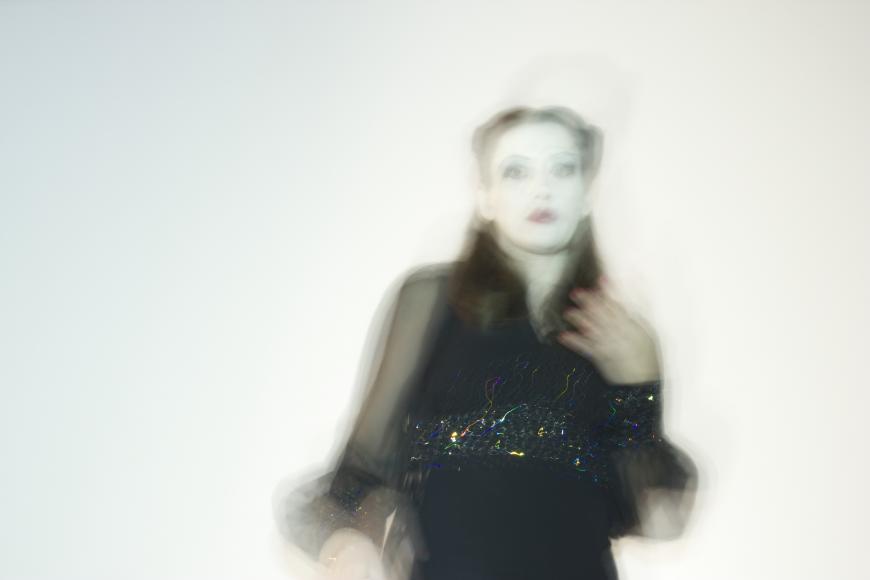
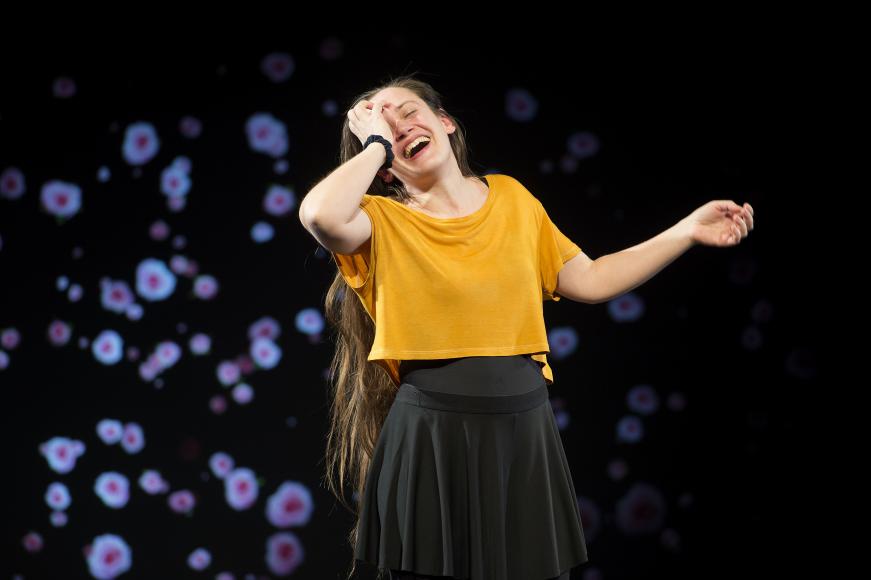
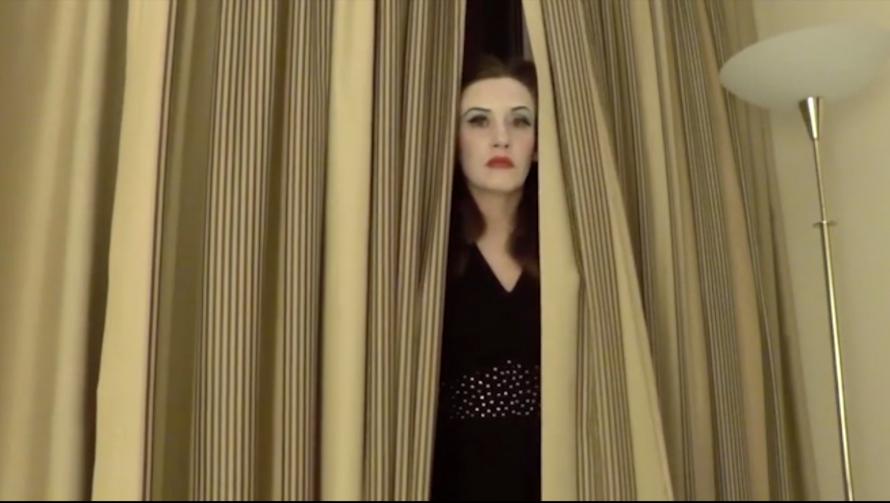
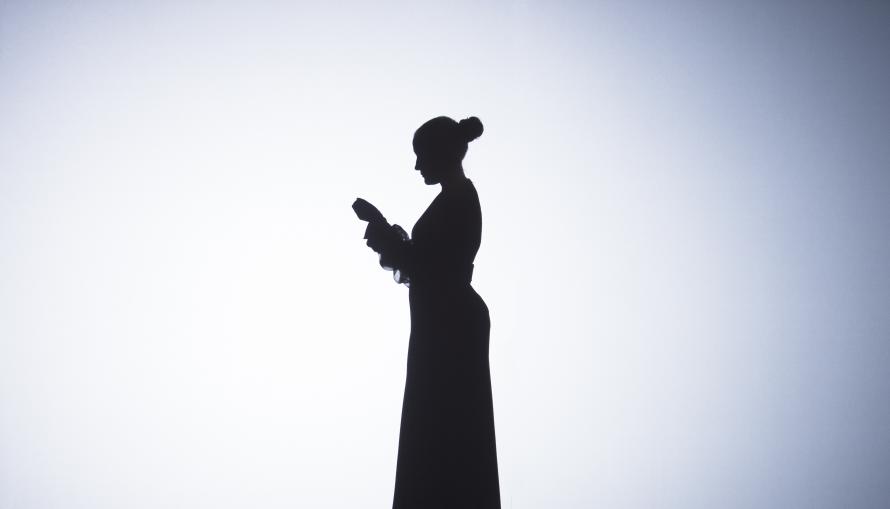
CREDITS
Direction Michael Laub
Concept Michael Laub / Astrid Endruweit
Performance Astrid Endruweit
Guest Performer Jan Kress
Assistant Director Declan Thomas Rooney
Technical Director Bodo Gottschalk
Video Astrid Endruweit, Bodo Gottschalk, Michael Laub
Costume Astrid Endruweit, Monique Van den Bulck
Light Design Nigel Edwards
Sound Design Stephan Wöhrmann
Stage Hand Jörg Fischer
Production Management Anna Bergel
Production Assistant Elisabeth Lehmann
Management Remote Control Production Claudine Profitlich
Production Michael Laub / Remote Control Productions
Co-Production HAU Hebbel am Ufer
Thanks to Toni Bräutigam, Marcel Bugiel, Yuko Kaseki, Andreas Kröher, Ren Saibara, Makiko Tominaga, Richard Zepezauer
PRESS
Sandra Luzina,Tagesspiegel, 25.1.2016
Tribulations of Life and Love
Astrid Endruweit’s dance solo in the HAU
The solo Pigg in Hell, which the Belgian theatre-maker Michael Laub created for her in 2000, made the Berliner Astrid Endruweit famous overnight. In this choreography inspired by Heironymus Bosch she embodies a pig burning in hell – and blurs the boundaries between religious and sexual rapture. Asutorito Endoruwaito with Astrid Endruweit is the third solo that Laub has tailor-made for her.
The title reveals straight away that the performance in HAU1 refers to Japanese theatre. And it’s again based on the life story of Astrid Endruweit. The biographical narration begins before her birth. When her mother was pregnant with her, the doctors advised her to have an abortion. They were sure the baby would be born disabled. The unfulfilled prophecy is something like the ur-scene – and an explanation for why Endruweit feels an affinity with disabled people. In a humorously provocative role-play she perfectly imitates the gestures and facial expressions of two disabled performers, who finally describe themselves as ‘Ick bin Deutschland’. She takes the identification with the other to extremes – as if it were a possible self. And then she can be adored on screen as a film diva in lavish make-up, who first looks seductively into the camera and then opens her eyes wide in horror.
Endruweit introduces various performing conventions in this performance. She juxtaposes naturalistic theatre with Japanese kabuki. This stage tradition, which she admires, portrays emotions in a strictly codified form. The female roles are all played by men. Endruweit turns her knees inward, slightly moves her chin, makes an eight with her hands and plays a young and an older woman – through distinctions of posture and modulations of the voice. The audience is amused by these cultural transformations.
But it isn’t just the splendid transformation artist at work here. Endruweit again balances at the edge of self-exposure. The evening is scattered with descriptions of sexual encounters. ‘I’ve never slept with a disabled person, but I was with a lot of stupid men,’ she says once – which isn’t exactly meant as a contrite confession. Each one of these men had a particular idea of how she was supposed to be. The women in the audience giggle loudly at The Rise of the Penis, a short choreography she created for a boyfriend. Towards the end the evening dissipates into an enumeration of encounters with men. Her aim, says Astrid Endruweit, was to become the people that others have always seen in her. This stage chameleon seems not to have a stable self – here Laub’s production follows a post-modern concept of identity.
Michaela Schlagenwerth, Berliner Zeitung, 25.01.2016
Pig in Hell
The Berlin actor Astrid Endruweit shows her witty new solo programme Asutorito Endoruwaito at HAU 1
Astrid Endruweit is a phenomenon, and has been one since she first stood on a big stage for the first time sixteen years ago. The Belgian choreographer Michael Laub had discovered the former care worker and sinology student at one of his workshops, and developed the solo Pigg in Hell for Endruweit, who until then had had no theatrical experience beyond a few workshops and courses. Hieronymus Bosch’s damned animal was what occurred to Endruweit when Laub asked her to pick theme to improvise on.
The story is still part of the show, sixteen years later. Astrid Endruweit may have long since become a professional actor who is well aware of how to make use of her tremendous stage presence, but she still likes doing the pig in hell. And in the background there is always a hint of amazement at her ability to cast a spell over a whole auditorium with her stories. The new solo, developed by Michael Laub with and for Astrid Endruweit and currently being premiered in HAU1, is called Asutorito Endoruwaito.
It’s about former boyfriends, whom Endruweit met all over the world. It’s about butoh and kabuki theatre, Endruweit’s great passions before meeting Laub. She demonstrates how a young girl walks in kabuki, and talks like a grown woman, an old woman. Her head wobbles back and forth, her legs give way, and Endruweit roars in a deep, cracked voice. Young girls, in contrast, screech in overtones, their eyes wide open, looking up.
Now and then we see Endruweit in film clips as a lascivious femme fatale, striking the same poses in some hotel room in front of a curtain and a fixed camera. The interspersed love stories are very witty, and they too play cleverly with stereotypes. For example there’s the artist colleague with whom Endruweit has such a flaming row that he bloodied his fist against the wall (while naked and with an erection), bringing the worried neighbours to the door.
The way Endruweit tells it, everything seems to be true. Perhaps it is in places. But that’s the game. Playing with projections. The Rise of the Penis, a dance piece that Endruweit claims to have made for one of her ex-boyfriends, is a hit, and its female counterpart even more so. You just have to know how to work the keyboard. Endruweit knows. High time she is also discovered by theatre directors.